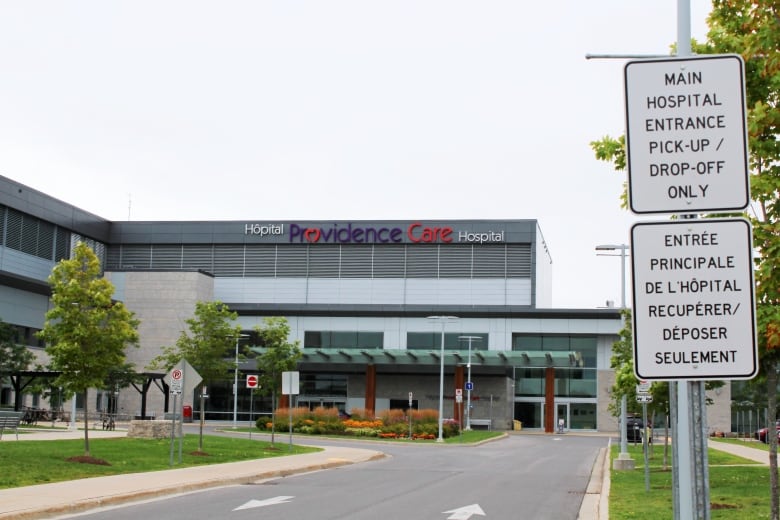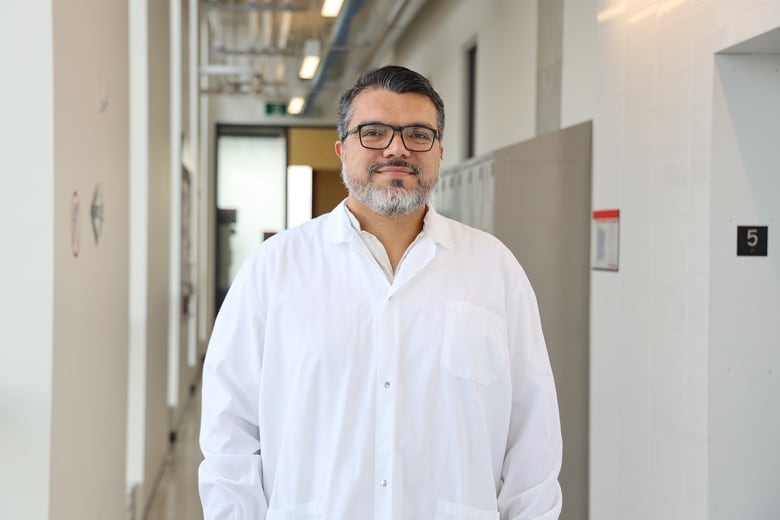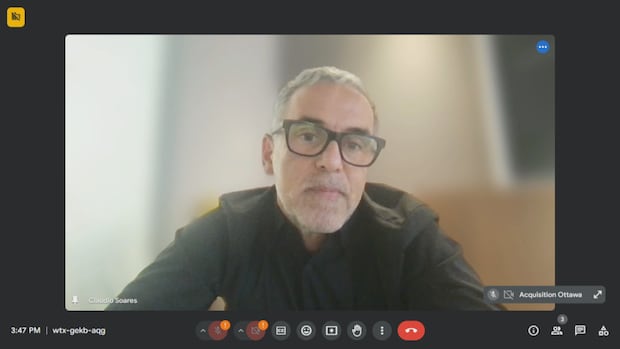
Canadians have seen a lot of hopeful headlines about psychedelics in recent years, as evidence indicating they can help people suffering from treatment-resistant conditions continues to grow.
One woman with chronic pain is fighting to get her insurer to cover ketamine treatments in Halifax. In Manitoba, there’s a waiting list for people seeking treatment with psilocybin. Psychotherapists in B.C. have undergone training to use MDMA — commonly known as ecstasy — on patients experiencing post-traumatic stress disorder.
And a new Canadian psychedelics research centre opened in Kingston, Ont. last week. Psychedelics show a lot of promise in health care and have been used by Indigenous communities around the world for centuries, said the centre’s director, psychiatrist and researcher Dr. Claudio Soares.
“In the place that I grew up, for instance, in Brazil, ayahuasca is used in the Amazon rainforest in religious ceremonies,” Soares said.
But because it’s a new field, he said, scientists are still working to answer some basic questions about the use of psychedelics. Who should take them and under what conditions?
The Centre for Psychedelics Health and Research, a joint project of Kingston’s Providence Care and Queen’s University, is expected to build on existing research at Queen’s.
Dr. Claudio Soares, psychiatrist and director of the new Centre for Psychedelics Health and Research in Kingston, Ont., says psychedelics could offer “transformative” experiences for people with various mental health conditions.
Among other things, researchers want to learn whether psychedelics can serve as a treatment on their own. Two schools of thought are being tested, Dr. Soares said.
The first focuses on using psychotherapy along with psychedelics.
The second tries to determine whether the experience of “tripping” and the use of therapy techniques are necessary in order for a patient to reap the benefits of psychedelics.
“It’s almost like, you have a surgical approach to an injury or you have a physiotherapy approach for an injury,” Dr. Soares said. “I would say there’s no right or wrong.”
Concerns about patient care
But one Kingston health-care professional said they worry about how well the research centre will take care of its patients. CBC agreed to give them confidentiality due to their concerns about professional repercussions.
Providence Care runs a ketamine clinic at the hospital of the same name in Kingston.

The health-care professional said the high-pressure environment of a medical clinic is not a good one for patients experiencing the “malleable state” brought on by ketamine.
“[The clinic is] just treating [ketamine] as a chemical,” he said. “People come out [of the clinic] very confused, they’re not sure how to make sense of it. They don’t know how to navigate the experience.”
Dr. Argel Aguilar-Valles, a neuroscientist at Carleton University, said that how a person reacts to their environment does affect the results of treatment with psychedelics.
“Usually, if a person feels safe and secure in the environment, the experience tends to be very positive,” he said. “That’s where usually you see signs of effective treatment. And we have known [that] for quite a long time.”

He said some researchers want to learn if tripping on psychedelics is therapeutically necessary, but their work involves micro-dosing — giving patients doses that are too low to cause them to trip.
The ketamine clinic at Providence Care is giving its patients a dose high enough to cause them to trip, the unnamed health-care professional said.
They said they work to prepare their patients for their experience at the clinic but that’s something the clinic should be doing itself. They said the clinic’s staff also should take a psychedelics first-aid course.
The future of psychedelics
Soares said he can understand that health-care professional’s concerns because the clinic uses “the medical model of ketamine for depression, which is not integrated with psychotherapy.”
“There’s probably opportunities lost there to capture what’s happening with those patients under ketamine and explore that with them,” he said. “Or at least to be aware and sensitive to that experience that can be probably more intense for some patients than others.”
He said he plans to reach out to colleagues and suggest that they collect information about their patients’ experiences on ketamine to look for “common themes” so that they can share the information with patients and other researchers.
“I think there’s probably opportunities for … enriching the experience of the academy and clinic,” he said.
The research centre will gather professionals from multiple disciplines, Soares said, and there will be “opportunities for cross-training and sharing experiences.”
Kingston psychotherapist Richard Tyo said he is happy to see the research expand because he has seen first-hand how effective the safe use of psychedelics can be.
“A lot of [traditional therapy] is just talking about problems and not really going into the emotional content or the somatic or the body experience of it,” Tyo said. “And that’s where [psychedelics] can really help.”
